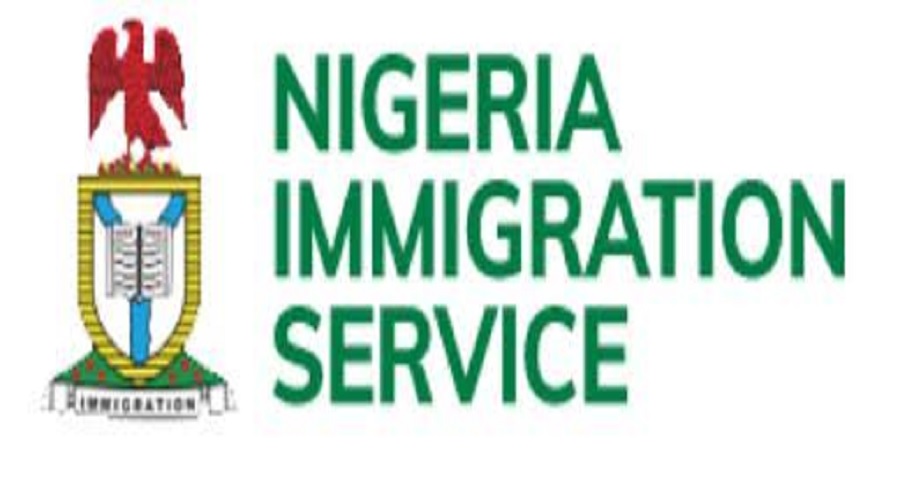“That is why we are here to sensitise you on the dangers, the threats and the tricks they use to capture young people, ” he said.
Otitoloju noted that many Nigerians aspired to travel abroad, popularly referred to as “japa,” and stressed the importance of recognising warning signs and ensuring that migration was done legally.
He, however, expressed hope that by the end of the programme, participants would be fully equipped with the right information to guide their travel decisions and also cascade the knowledge to their peers.
“For you to travel, make sure you are going through the safe, regular and orderly path, not the crooked ways. By doing so, we will be able to further strengthen our fight against this threat,” he added.
In his goodwill message, the Executive Director and Founder, iLEAD Africa, Mr Yusuf Abiodun, urged Nigerian youths to leverage digital technology and social media platforms to advocate for safe and legal migration.
Abiodun said that young people, being the most active users of digital platforms, could play a vital role in spreading information that promotes safe migration pathways.
“We believe in the potential of young people. They not only have access to digital technology, but also the voice, the power and the network to create positive impact,” he said
Abiodun explained that the training would not only enlighten participants in the room but also enable them to share knowledge to their peers, colleagues and workplaces.
According to him, research has shown that many irregular migrants are not necessarily without resources, but often lack proper information about migration requirements.
“Some people just believe that once you have a passport or visa, you are cleared, whereas some countries require more than just a visa. Someone needs to inform them, and that is the purpose of this training,” he said.
Abiodun expressed confidence that the knowledge shared at the workshop would have long-term impact and contribute to collective efforts in addressing smuggling of migrants.
The News Agency of Nigeria (NAN) reports that the project was being implemented in partnership with the Nigeria Immigration Service (NIS), iLEAD Africa, the Office of the United Nations High Commissioner for Human Rights (OHCHR), and WOTCLEF.



